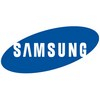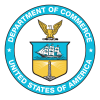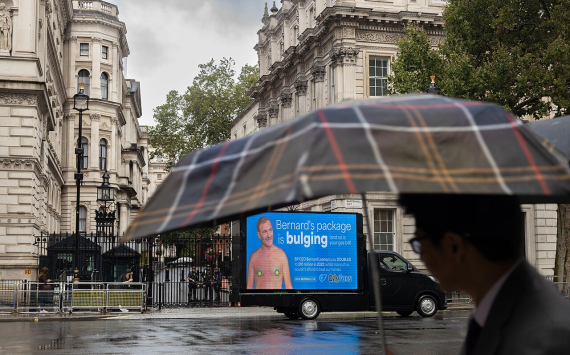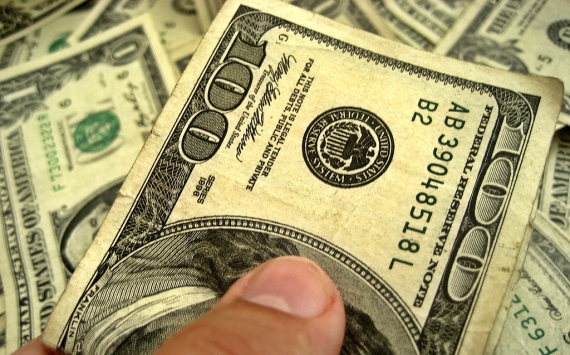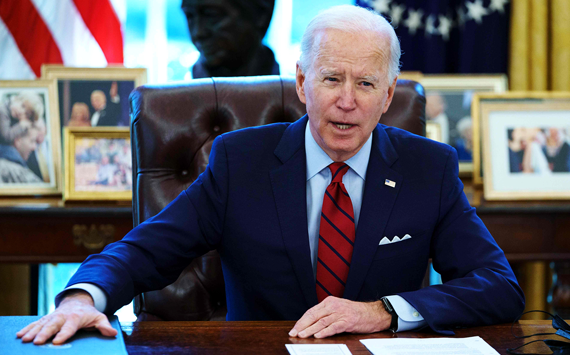
Semiconductor industry
Semiconductor manufacturers in the US could receive tax breaks to boost production of chips for the automotive and other equipment industries. Intel is preparing to help supply chips to automakers.
A three-hour online conference was held on Monday with President Joe Biden, economic adviser, national security adviser and Commerce Secretary Gina Raimondo, as well as more than a dozen representatives from various companies.
The meeting focused on solutions to the semiconductor shortage that is causing auto makers around the world to idle plants, and discussed the automotive industry's transition to clean energy, job creation and US economic competitiveness.
During Monday's meeting, Biden read a letter from 23 senators and 42 members of the House of Representatives supporting his proposal for $50 billion for semiconductor manufacturing and development.
However, many lawmakers who support the additional funding for semiconductors believe the measure could be approved in a separate bill to make US companies competitive against China, rather than as part of Biden's infrastructure plan.
Among the negotiators were the CEOs of General Motors, Ford Motor, Google's parent company Alphabet, Intel, Dell, HP, Micron Technology, Taiwan Semiconductor Manufacturing, AT&T, Samsung Electronics and others.
Taiwan's largest contract chip maker TSMC has received incentives from the US government to start building a $12bn plant in Arizona this year.
The largest domestic chip maker that will expand its production in the USA is to become Intel.
Bozzella, head of the Automotive Innovation Alliance, which represents the vast majority of carmakers operating in the US, urged the Biden administration to adopt policies that encourage US manufacturers to produce semiconductors in the country, including an investment tax credit that could help companies offset the cost of building new lines at existing facilities or reallocate current production to meet changing needs.
Earlier, GM said it expects the semiconductor shortage problem to reduce its operating profit by $1.5bn to $2bn this year, while Ford estimates losses from the situation at $1bn. $2.5bn in 2021.







